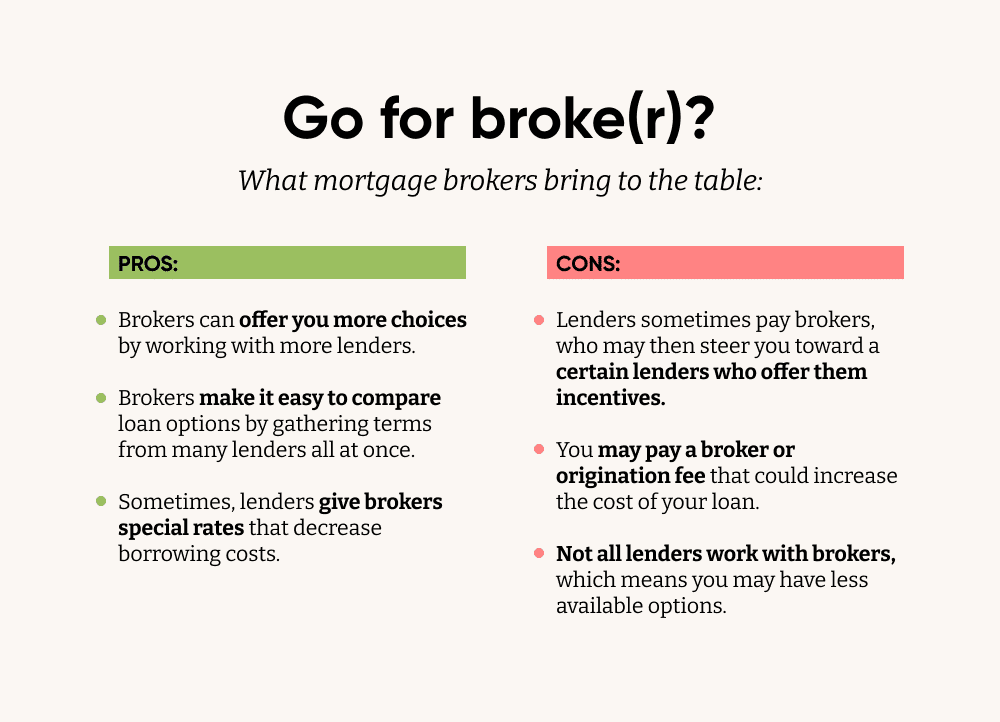Understanding What a Jumbo Loan Entails and Just How It Varies From Conventional Financings
Navigating the intricacies of big finances discloses a financing alternative tailored for those venturing right into high-value actual estate, usually exceeding the restrictions established by the Federal Housing Finance Firm. The substantial risk connected with jumbo fundings requires much more strict credentials requirements, including greater credit rating scores and substantial down settlements.
Interpretation of Jumbo Car Loans
Jumbo car loans are a sort of mortgage that surpass the adhering financing restrictions established by the Federal Housing Money Company (FHFA) These lendings deal with borrowers that need to finance properties that are more costly than what standard finance restrictions allow. The FHFA develops annual adapting finance limits, and any funding surpassing these thresholds is identified as a jumbo financing.
Usually, big finances are made use of in high-cost actual estate markets where home costs dramatically surpass national averages, such as in metropolitan areas or high-end housing markets. As these finances are not eligible for purchase by Fannie Mae or Freddie Mac, they bring fundamental dangers for loan providers because of their larger size and non-conformity (jumbo loan). Lenders often impose a lot more strict qualification requirements for big lendings than basic conforming lendings.
Debtors looking for big car loans have to typically demonstrate a solid economic account, including a higher credit report, robust revenue confirmation, and substantial deposit, usually 20% or more. In addition, lending institutions might call for much more comprehensive documentation to assess the borrower's capacity to take care of larger regular monthly payments. Recognizing the certain features of big loans is important for prospective borrowers browsing this section of the home mortgage market.
Standard Fundings Introduction
While big loans deal with high-value building financing, standard car loans represent the even more common home mortgage choice in the housing market. These loans are not guaranteed or guaranteed by any type of federal government entity, such as the Federal Real Estate Administration (FHA) or the Department of Veterans Matters (VA) Instead, they are backed by exclusive lenders and stick to standards set by government-sponsored enterprises (GSEs) like Fannie Mae and Freddie Mac.
Conventional fundings are commonly provided with taken care of or flexible rates of interest and vary in terms of period, commonly spanning 15 to 30 years. Debtors frequently favor conventional car loans for their foreseeable month-to-month settlements, which can facilitate long-term financial planning. Additionally, they are offered for key residences, second homes, and investment properties, offering adaptability to satisfy diverse consumer requirements.

Secret Distinctions In Between Loans
Understanding the subtleties in between different kinds of financings is important for potential homebuyers browsing the complex home loan landscape. At the forefront of this decision-making process are big financings and conventional car loans, each possessing distinct qualities and offering various consumer requirements. The key distinction rests in the funding amount. Big loans surpass the conforming finance limits index set by the Federal Housing Financing Agency (FHFA), which vary by region. On the other hand, have a peek at this website traditional loans comply with these restrictions and are normally purchased by government-sponsored entities like Fannie Mae and Freddie Mac.

Additionally, the down repayment needs can differ significantly. Big fundings generally need larger down settlements, in some cases going beyond 20%, to reduce risk. Conventional financings, alternatively, might enable for lower deposits, with some programs approving just 3% for certified buyers.
Certification Demands
Securing a jumbo car loan includes meeting extra rigid qualification requirements compared to traditional fundings, mirroring the raised risk to lenders. These financings, which exceed the adhering finance limits set by the Federal Real Estate Money Agency (FHFA), are not eligible for acquisition by Freddie Mac or Fannie Mae, thereby exposing lenders to better financial risk - jumbo loan. Because of this, consumers must show a high credit reliability and economic stability
A durable credit rating, typically 700 or higher, is essential for approval. Lenders additionally expect a reduced debt-to-income (DTI) ratio, frequently not surpassing 43%, making certain that consumers can handle substantial month-to-month payments along with various other financial responsibilities. Furthermore, a significant cash money get is typically called for, generally amounting to 6 months of mortgage repayments, to assure lenders of the debtor's monetary strength.
Down payment expectations are likewise elevated, regularly beginning at 20% or more of the residential property's value. While this is a secure for lending institutions, it necessitates substantial ahead of time funding from customers.
Picking the Right Financing
Navigating the intricacy of jumbo finances calls for mindful consideration when picking the most suitable loan alternative. With the broader range of alternatives available to those seeking big finances, the decision-making process must include a comprehensive analysis of one's economic profile and lasting discover here objectives. Unlike traditional lendings, jumbo finances usually feature more stringent requirements and differed rate of interest rates, which require thorough research study and a clear understanding of one's financial standing.
When picking in between different jumbo car loan offerings, it is important to examine the car loan terms, consisting of rate of interest, repayment schedules, and linked fees. Borrowers should compare the rates provided by different loan providers to guarantee they safeguard the most desirable terms. Additionally, comprehending the ramifications of repaired versus variable-rate mortgages (ARMs) is important, as each option provides unique benefits and dangers relying on market conditions and personal monetary approaches.
Engaging with a financial advisor or mortgage broker can offer useful understandings customized to specific conditions. These professionals can assist in navigating the nuances of big car loans, making certain that borrowers are well-informed and geared up to choose a financing that straightens with their economic purposes, inevitably facilitating a smoother home-buying procedure.
Verdict
In recap, jumbo fundings function as a financial tool for getting high-value residential or commercial properties, necessitating stringent qualification demands and higher passion rates as a result of the elevated danger for lenders. Unlike standard finances, which satisfy FHFA restrictions and might receive backing from Fannie Mae or Freddie Mac, jumbo car loans need a minimal credit history of 700 and substantial down repayments. Understanding these distinctions is vital for borrowers in high-cost real estate markets to establish the most suitable funding choice for their needs.
The FHFA establishes annual conforming financing limitations, and any kind of car loan surpassing these thresholds is categorized as a jumbo car loan.
At the forefront of this decision-making process are jumbo lendings and conventional finances, each possessing distinct characteristics and offering various customer needs.Safeguarding a jumbo finance entails meeting a lot more rigid qualification requirements contrasted to traditional loans, reflecting the enhanced risk to loan providers. Unlike standard lendings, jumbo financings frequently come with more stringent needs and differed interest rates, which necessitate extensive study and a clear understanding of one's economic standing.
Unlike conventional loans, which adhere to FHFA limits and might obtain support from Fannie Mae or Freddie Mac, big fundings require a minimal credit scores score of 700 and significant down settlements.
 Amanda Bearse Then & Now!
Amanda Bearse Then & Now! Alexa Vega Then & Now!
Alexa Vega Then & Now! Destiny’s Child Then & Now!
Destiny’s Child Then & Now! Phoebe Cates Then & Now!
Phoebe Cates Then & Now! Pauley Perrette Then & Now!
Pauley Perrette Then & Now!